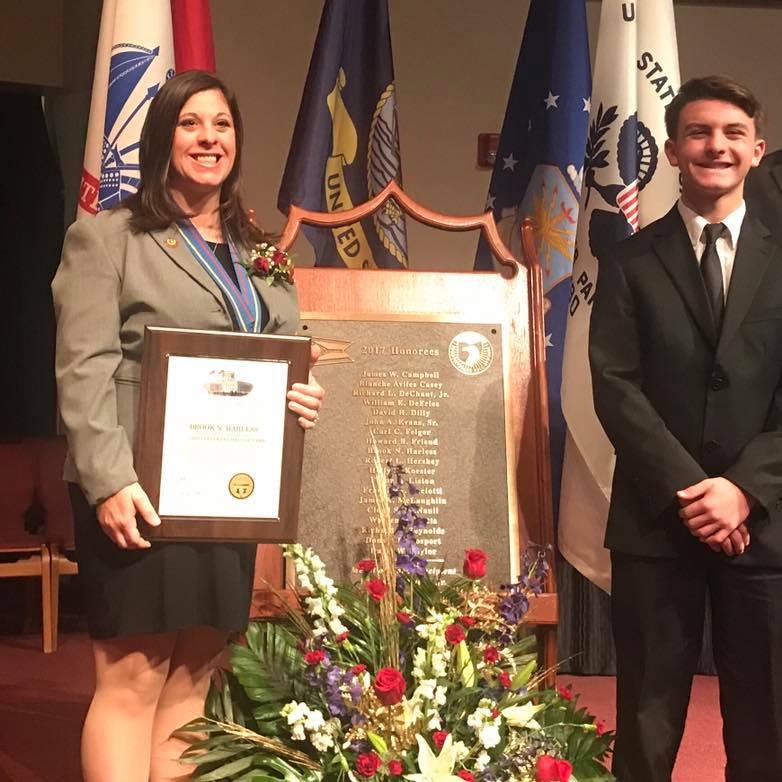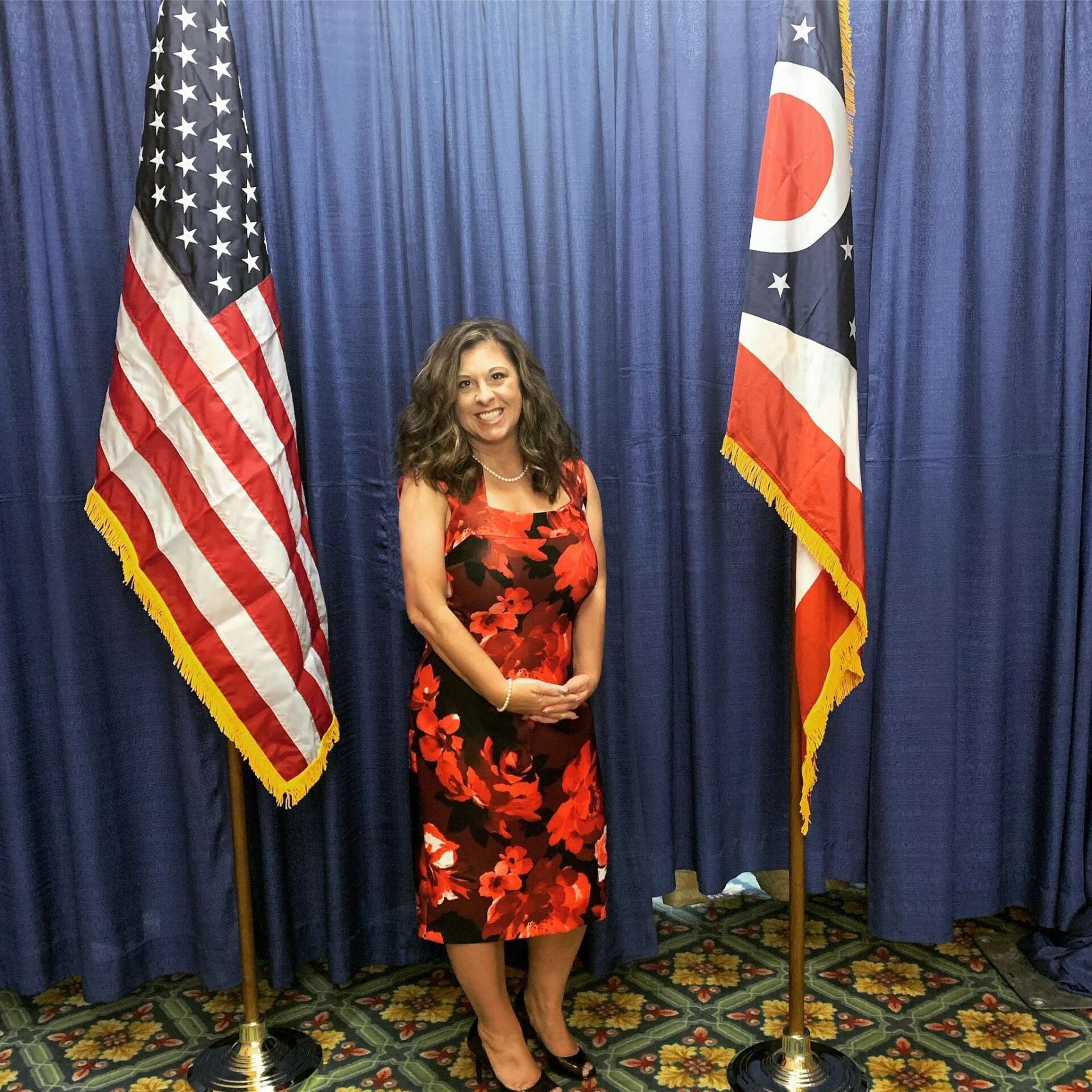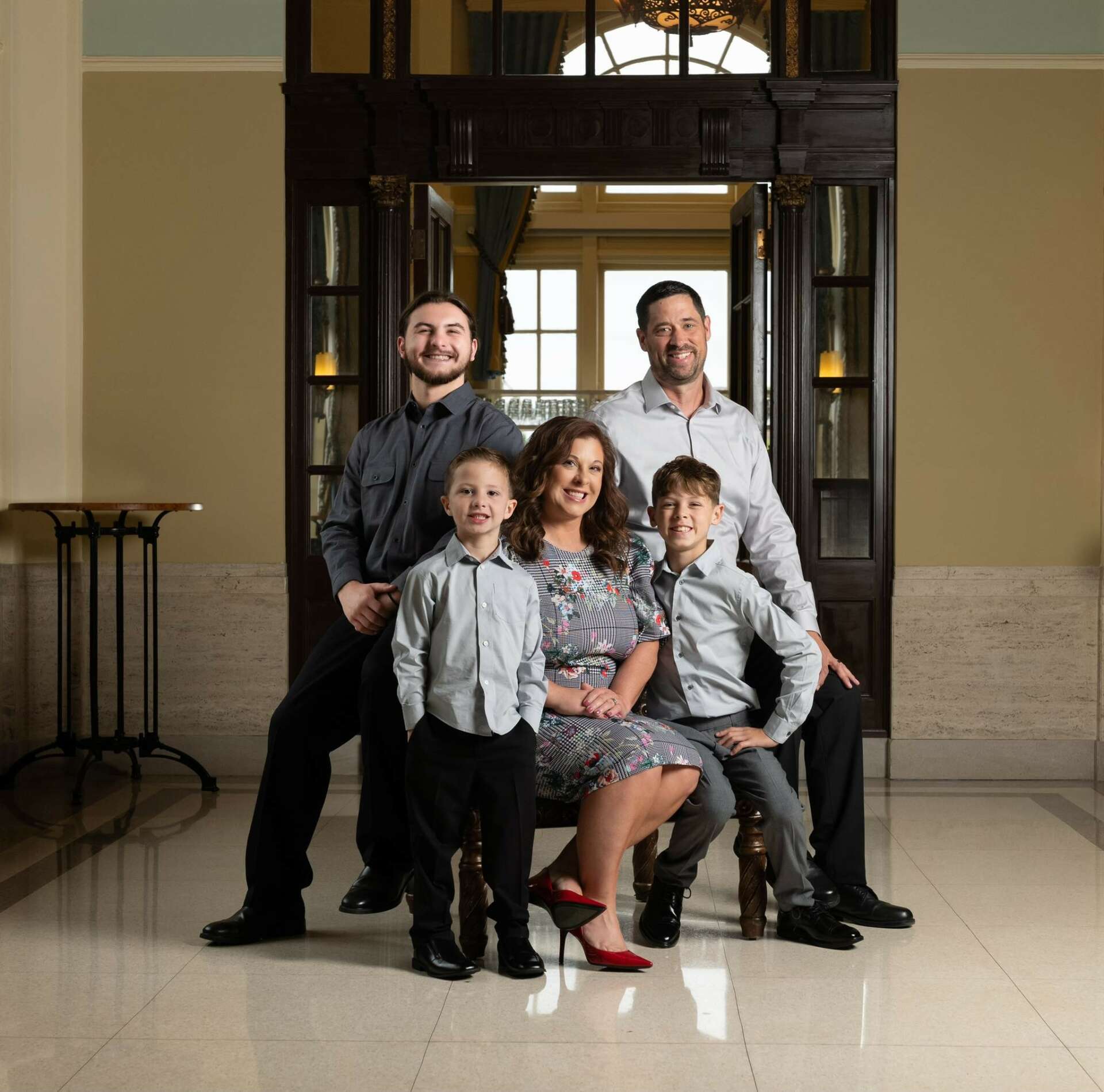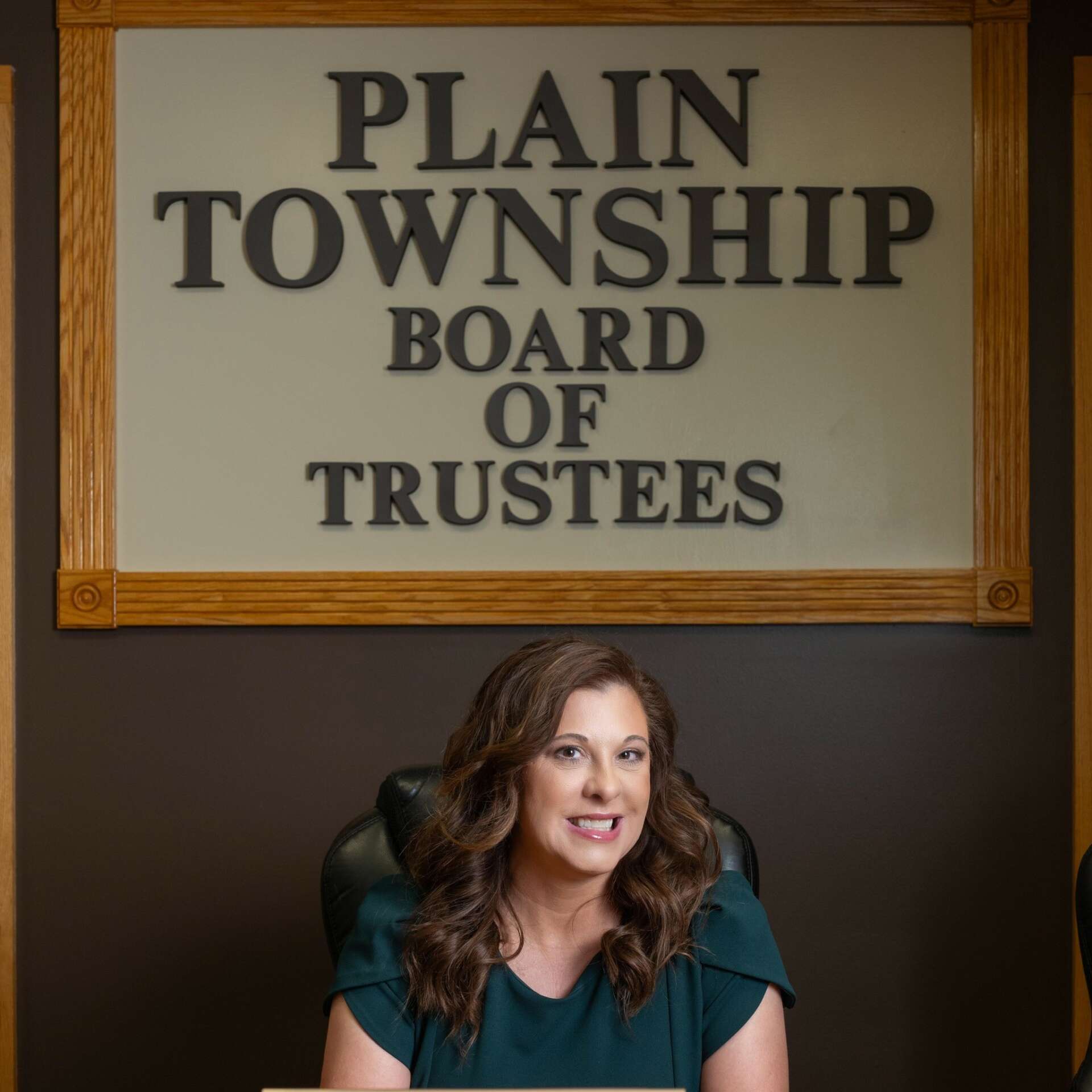Alright – so today we’ve got the honor of introducing you to Brook Harless. We think you’ll enjoy our conversation, we’ve shared it below.
Brook, appreciate you joining us today. Before we get into specifics, let’s talk about success more generally. What do you think it takes to be successful?
Success is a multifaceted journey that often involves a combination of personal attributes, mindset, and actions. While the path to success varies for each individual, certain key principles tend to contribute universally. Success is rarely a linear progression. It involves facing setbacks, failures, and challenges. Resilience—the ability to bounce back from adversity—and perseverance—the commitment to keep going despite difficulties—are integral to overcoming obstacles on the road to success. It is important to have a clear understanding of your goals and a vision for your future. Setting specific, measurable, achievable, relevant, and time-bound (SMART) goals provides a roadmap for progress and helps maintain focus. Adaptability and a commitment to lifelong learning are essential. In a rapidly changing world, staying curious, updating skills, and being open to new ideas enable individuals to navigate evolving landscapes and stay relevant in their fields. I also feel success is closely tied to how efficiently time is utilized. Prioritizing tasks, setting deadlines, and minimizing distractions contribute to productivity and goal attainment. Not to mention success often demands hard work, dedication, and a willingness to go the extra mile. Consistent effort over time, coupled with a strong work ethic, increases the likelihood of achieving desired outcomes. Building meaningful connections with others can open doors to opportunities, provide support, and create a collaborative environment. Networking and relationship-building skills are valuable assets on the path to success. The ability to adapt to change and navigate uncertainty is crucial. Success often involves being flexible, adjusting strategies when necessary, and embracing innovation. Successful individuals engage in self-reflection, assessing their progress, learning from experiences, and taking responsibility for their actions. This self-awareness fosters personal growth and resilience. Pursuing goals aligned with your passion and sense of purpose can provide the intrinsic motivation needed to overcome challenges. A genuine enthusiasm for what you are doing often fuels sustained effort. Success is more fulfilling when achieved with integrity and ethical conduct. Maintaining honesty, trustworthiness, and ethical standards contributes to long-term success and a positive reputation. Ultimately, success is a highly personal and subjective concept, and you may prioritize different aspects based on your values and aspirations. The combination of these elements, tailored to individual circumstances, often forms the foundation for a successful journey.

As always, we appreciate you sharing your insights and we’ve got a few more questions for you, but before we get to all of that can you take a minute to introduce yourself and give our readers some of your back background and context?
I entered the realm of public service fueled by a desire to address issues I personally experienced and witnessed within my community. The catalyst for my journey was a moment of frustration when I was lied to and talked down to regarding a question about sidewalks. This experience ignited my determination to make a difference and prompted me to run for office. My personal background, shaped by the challenges of having family members struggling with addiction, particularly my mother’s battle with drug addiction and my father and grandmother’s struggles with alcoholism, fueled my commitment to supporting those facing similar difficulties. The loss of my family members to addiction strengthened my resolve to provide resources and opportunities for others to overcome such challenges.
My professional trajectory has been marked by diverse roles, from serving as a liaison for a recovery center to being the Government Affairs Director for a realtor association. I am particularly proud of my work on the various boards I sit on from The American Red Cross to the Stark County Hunger Task Force, where I play role in improving the lives of others. Additionally, I am the first female president of the Stark County Township Association, breaking historical gender barriers in the process.
Education has been a constant pursuit, and my leadership roles reflect a commitment to ongoing personal and professional development. Serving as a Plain Township Trustee, I manage a substantial budget, oversee a diverse range of services, and actively engage with the community. My role as Government Affairs Director involves monitoring and advocating on political and legislative issues affecting real estate, demonstrating my dedication to ensuring a positive impact on the community.
My commitment extends to volunteerism and community involvement, spanning organizations like the Rotary Club of Plain Township, North Canton Chamber Board, and more. Awards such as the National Military Mother of the Year and Ohio Veterans Hall of Fame Inductee acknowledge my efforts in making a lasting impact.
However, what I am most proud of are the tangible changes I’ve initiated, such as advocating for diaper changing stations at local VA clinics and helping establish the Stark County Veterans Resource Fair. These accomplishments reflect my commitment to inclusivity, accessibility, and community welfare. In essence, my journey has been defined by a relentless pursuit of positive change, breaking down barriers, and creating opportunities for everyone, especially those facing challenges similar to those of my own family.

Can you share a story from your journey that illustrates your resilience?
My entire life is a testament to the strength and determination I’ve cultivated in the face of adversity.
Growing up in unimaginable circumstances, with a mother involved in illicit activities, I found myself homeless, living under highway bridges, and constantly on the move. At the tender age of 11, malnourished and weighing a mere 57 pounds, I was adopted by my aunt and uncle, who were themselves battling with MS. At that point, I hadn’t experienced basic healthcare or even a haircut. Survival was my primary focus, stealing food just to get through the day. The idea of living to adulthood seemed like an improbable dream.
Joining the Army became a transformative chapter, providing a sense of belonging and purpose. Excelling in my training, I graduated number one in AIT, earning a well-deserved promotion. Unfortunately, a series of training accidents led to injuries and ultimately a medical retirement. Undeterred, I faced 43 surgeries with resilience and a determination to move forward.
During my time stationed at Fort Hood, I faced a harrowing experience of being attacked and held against my will in my own home. The assailant returned three days later, targeting my aunt and poisoning my dogs. He received a 20-year sentence for these heinous acts. Overcoming fear and trauma, I emerged resilient once again.
Following a divorce from a 13-year marriage, I decided to start anew across the country with my 4-year-old child. This presented its own set of challenges and fears, including the unexpected prospect of being alone and raising a child. However, meeting my current spouse proved to be a turning point. His unwavering support and encouragement fueled my pursuit of dreams, especially in the realm of helping others. We formed a team, and he even adopted my son.
Health issues, stemming from my military service, haven’t held me back. I navigate the limitations of my body, doing what I can while maintaining a positive outlook. As an elected official in a male-dominated field, I consistently prove my worth and capabilities.
Additionally, my personal experiences have inspired my involvement with the American Red Cross and the Stark County Hunger Task Force. The Red Cross, having played a crucial role in supporting me during a challenging period of my life, holds a special place in my heart. Likewise, my association with the Hunger Task Force is driven by the vivid memories of hunger I experienced, motivating me to contribute to alleviating such struggles for others. Resilience, to me, means finding the best in every situation, adapting to challenges, and persisting in the pursuit of my goals, all while giving back to the community that has supported me in times of need.


How do you keep your team’s morale high?
Managing a team and maintaining high morale are critical aspects of effective leadership. Drawing from my experiences, ensures open and transparent communication. Keep your team informed about organizational goals, expectations, and any changes. Encourage feedback and actively listen to your team members’ concerns, ideas, and suggestions. Regular communication fosters trust and a sense of shared purpose. Acknowledge and appreciate your team’s efforts. Celebrate achievements, both big and small. Recognizing individual and collective contributions boosts morale and reinforces a positive work environment. People want to feel that their hard work is valued! I feel empowering team members by entrusting them with responsibilities and decision-making opportunities. When people feel trusted and capable, they are more likely to be engaged and motivated. Provide guidance and support, but also allow autonomy. I believe in fostering a workplace culture that emphasizes collaboration, respect, and inclusivity. A positive and supportive atmosphere encourages team members to take risks, share ideas, and collaborate more effectively. Lead by example in promoting a healthy work-life balance. Make sure to clearly define roles, responsibilities, and expectations. When everyone understands their role within the team and how it contributes to the overall objectives, it creates a sense of purpose and direction. This clarity reduces confusion and enhances productivity. Always support your team members’ professional growth. Provide opportunities for training, skill development, and advancement. When employees see a path for personal and professional development within the organization, it can significantly boost morale. Conflict is inevitable in any team. Address conflicts promptly and constructively. Encourage open discussions to find resolutions. A proactive approach to conflict management prevents negativity from affecting the team’s morale. Be flexible and adaptive to change. In today’s dynamic work environments, adaptability is crucial. Embrace new ideas, technologies, and methodologies. A flexible approach helps your team navigate challenges more effectively. Foster a sense of camaraderie among team members. Encourage team-building activities, whether they are work-related or social. Strong interpersonal relationships contribute to a positive and collaborative atmosphere. Understand the unique needs and challenges of each team member. Show empathy and support, especially during challenging times. Demonstrating genuine care for your team members builds trust and strengthens morale.
Remember, maintaining high morale is an ongoing process that requires consistent effort and attention. By investing in your team’s well-being and professional growth, you contribute not only to their success but also to the overall success of the organization.



Contact Info:
- Instagram: BrookHarless
- Facebook: www.facebook.com/brookharless76
- Linkedin: linken.com/in/brook-harless-3479331b4
- Twitter: @brook_harless
- Other: Facebook Professional Page: Plain Township Trustee Brook Harless
Image Credits
Spencer Photography and Joe Albert Studios


